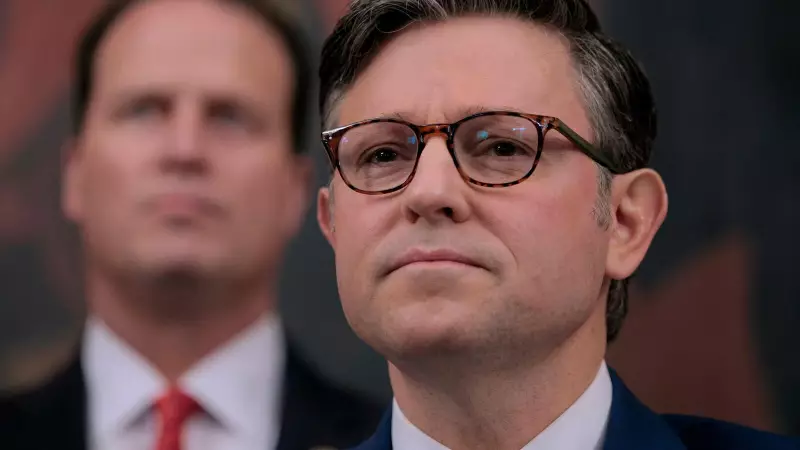
In a decisive move that has captured national attention, US House Speaker Mike Johnson has firmly shut down swirling speculation about the possibility of former President Donald Trump pursuing an unprecedented third term in office.
Constitutional Roadblock
Speaking with authoritative clarity, Johnson stated, "I don't see a way to amend the Constitution" to allow for a third presidential term. This statement carries significant weight, coming from one of the highest-ranking officials in the Republican party during an election year filled with intense political drama.
The 22nd Amendment Barrier
The constitutional foundation preventing any president from serving more than two terms rests firmly on the 22nd Amendment, ratified in 1951. This historic amendment was specifically designed as a safeguard against extended executive power, drawing lessons from Franklin D. Roosevelt's four-term presidency.
Political Context and Implications
Johnson's remarks arrive at a crucial political moment, effectively putting to rest what had become a topic of discussion in certain political circles. The Speaker's unambiguous position reinforces the stability of America's democratic institutions and constitutional framework.
The timing is particularly significant as the nation moves deeper into election season, with Trump positioned as the likely Republican nominee. Johnson's statement serves as both a constitutional lesson and a political reality check, emphasizing that no individual, regardless of popularity or influence, stands above the foundational document that governs American democracy.
Historical Precedent and Future Implications
This isn't the first time such discussions have emerged in American politics, but Johnson's firm stance makes clear that the constitutional barriers remain insurmountable. The Speaker's position underscores the enduring strength of America's system of checks and balances, designed precisely to prevent such extraordinary extensions of executive power.





